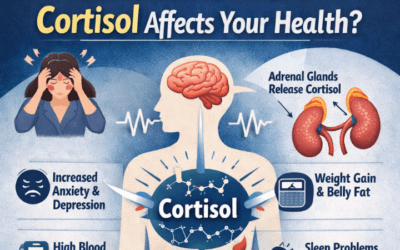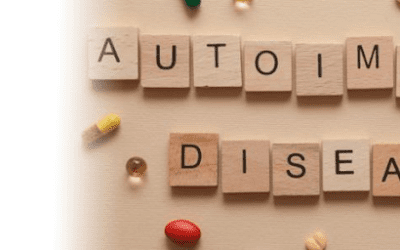
We covered why estrogen is so important for a women in our last blog post. Now we will talk about progesterone.
What are some symptoms of progesterone loss?
Anxiety.
Depression.
Irritability.
Mood swings.
Insomnia.
Pain and inflammation.
Osteoporosis.
Excessive menstruation. Think menstrual flows being too heavy or for too many days. Or both.
Hypersensitivity. Think crying at the drop of a hat.
Nervousness.
Migraine headaches before menstrual flows start.
Weight gain.
Decreases sex drive.
Decreased HDL cholesterol. The good cholesterol.
So, what are some of the causes of low progesterone?
Impaired production.
Stress!!!
Sugar!!!
Antidepressant medications!!!
Saturated fats. The bad fats!!!
Deficiency of vitamins A, B6, C and zinc!!!
Low thyroid!!!
You might notice that all the causes of low progesterone are the same causes of autoimmune disease that we have discussed in previous blog posts.
When using progesterone as a medicine, taking it by mouth or as a topical cream are both options. Taking it by mouth helps so much better with anxiety and sleep problems compared with creams. It now appears that taking it by mouth is so much better for a women’s brain as well.
In women who are perimenopausal (starting to make “the change”) or menopausal (have stopped their monthly flows altogether) taking progesterone as a capsule by mouth is probably the only way progesterone should be taken now a days. It is just so good at protecting the brain from aging when taken by mouth. It is also better at preventing breast cancer than topically applied progesterone.
In the study entitled “Endogenous sex hormones and subsequent breast cancer in premenopausal women” by Micheli A. et al and published in the International Journal of Cancer in 2004, the blood levels of progesterone in 6,000 premenopausal women were studied. The women with the highest levels of progesterone who had regular cycles had an 88% reduction in the risk of developing breast cancer.
In younger women without sleep and anxiety issues, progesterone can still be used topically.
Just like with natural estrogens, a women’s brain likes to have different levels of progesterone some days compared with other days. Using progesterone 6 out of 7 days can be an option in women no longer having menstrual flows. In women still having flows, progesterone could be used days 1-25 of the cycle and off days 26-30 for example.
“Get a Revolution. Get to Revolution.”
Dr. David Bilstrom
Autoimmune Functional Medicine Doctor






